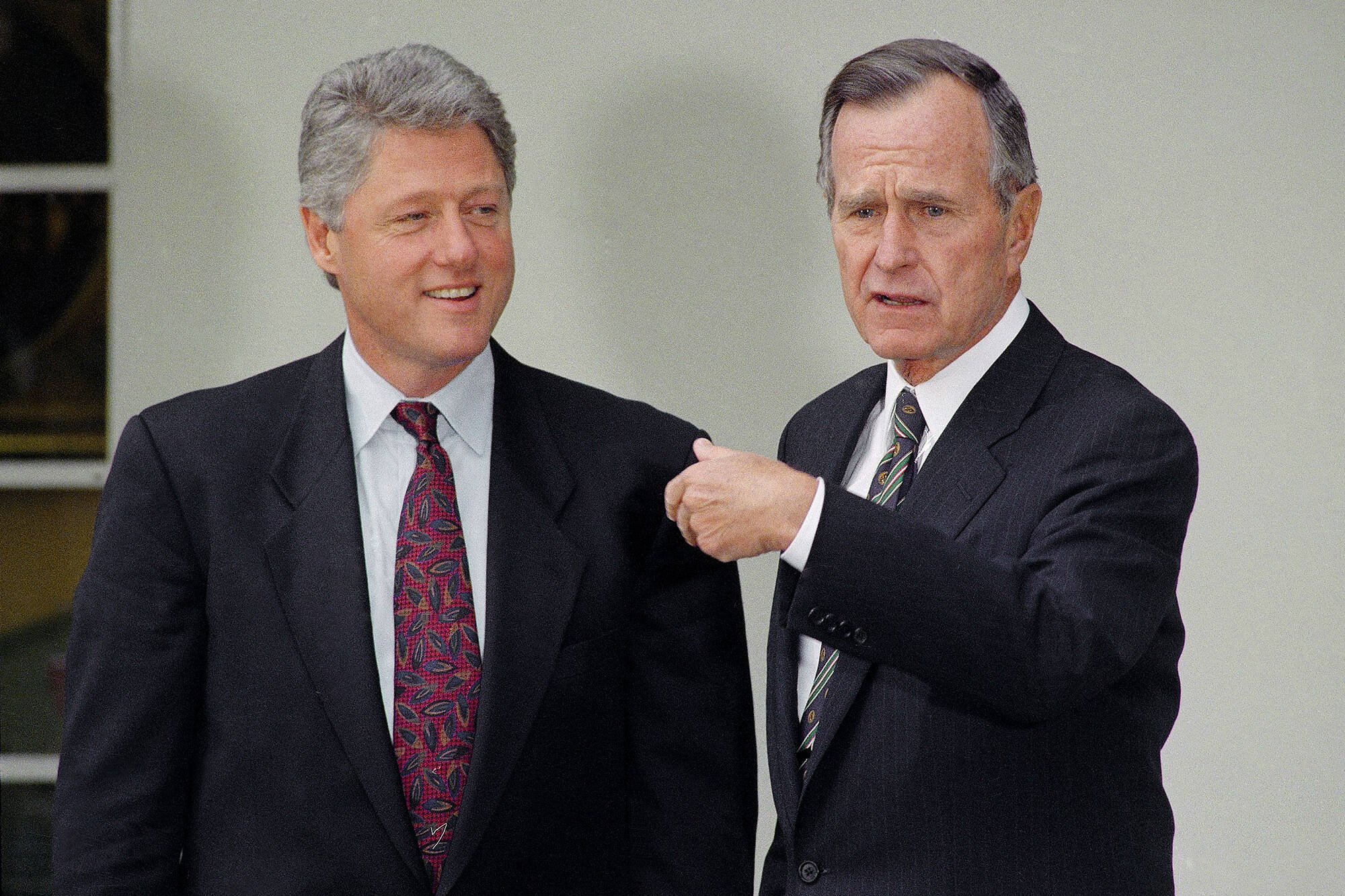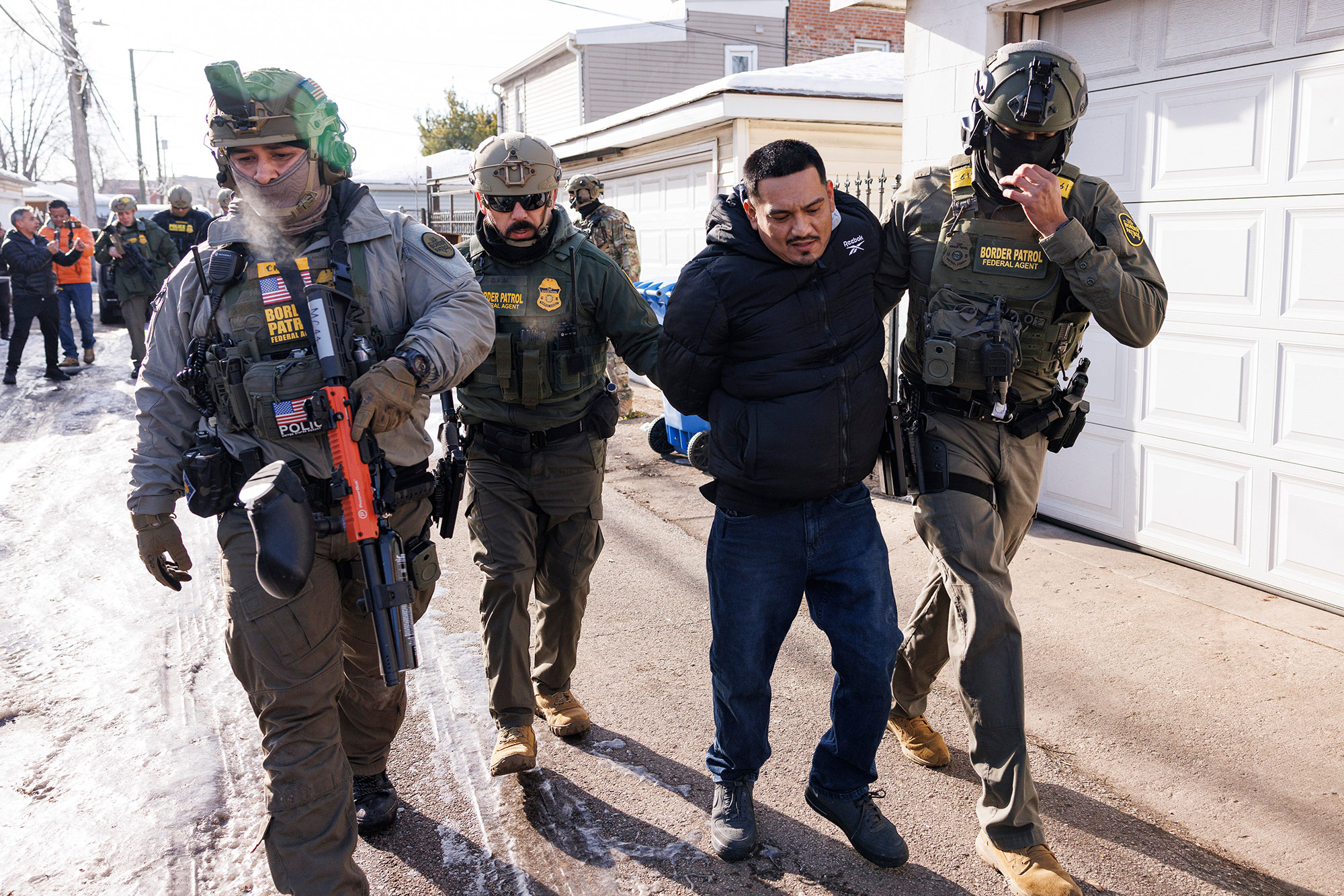Closed primaries aren’t just outdated. They’re undemocratic
More and more Americans are rejecting the two-party system. In fact, independents now make up the largest group of voters in the country.
But in much of the U.S., they still don’t have a voice where it counts: primary elections.
In 2024, over 80% of House races were effectively decided by the primary. These Congressional districts were so red or blue that the general election is a cakewalk for whoever wins the majority party’s primary.
Many states throughout the country hold “closed primaries,” where only voters registered with a party may vote in that party’s primary. These are taxpayer-funded elections that usually determine the outcome of the general election, and independents are barred from participating.
Here’s how bad it is:
16
16 states have closed primaries for Congressional races, from Florida to New York to Oregon. Even more – 24 states – have closed primaries for the presidential race.
16.5 million
There are over 16 million registered independents in those 16 states with closed Congressional primaries. That’s a quarter of all voters in those states.
And that doesn’t even count third-party voters or the many independents who only register with a party to keep their voting rights.
117
There are only a dozen House seats in closed primary states that the Cook Political Report rates as competitive. In the other 117 Congressional districts in those states, the primary decides everything – and independents have no say at all.

Related
Peyton Lofton
Peyton Lofton is Senior Policy Analyst at No Labels and has spent his career writing for the common sense majority. His work has appeared in the Washington Examiner, RealClearPolicy, and the South Florida Sun Sentinel. Peyton holds a degree in political science from Tulane University.





You must be logged in to post a comment.